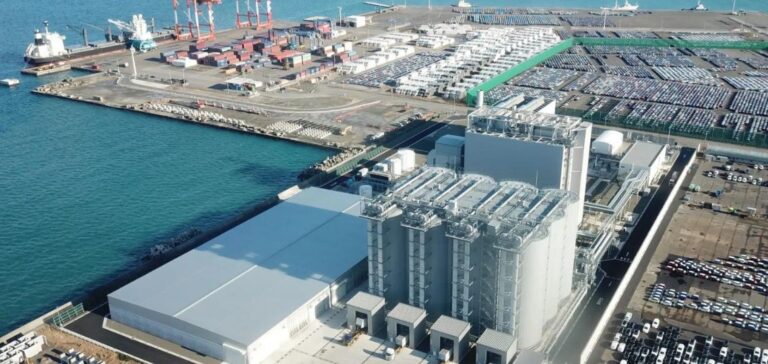RENOVA modifies the commissioning schedule for the Omaezakikou biomass power plant.
Originally scheduled for October 2024, start-up is now scheduled for March 2025.
This decision stems from the need to make further technical adjustments to the boiler and turbine installations to ensure optimal operation.
This revision follows in-depth analyses aimed at limiting long-term operational risks.
The project, owned by Omaezakikou Biomass Energy G.K., is subject to the Feed-in Tariff (FIT) scheme, valid until November 30, 2044.
The postponement also involves updating the FIT schedule to align with the new start-of-operations date.
The aim remains to stabilize the production of biomass energy as part of the Japan’s energy mix.
Financial impact and contractual adjustments
The postponement of commissioning has financial implications for Omaezakikou Biomass Energy G.K. In accordance with the EPC (Engineering, Procurement and Construction) contract, Omaezakikou receives compensation for this delay, reaching the maximum foreseen in July 2024.
These indemnities are intended to partially offset the expected loss of revenue for the current fiscal year.
For the fiscal year ending March 2025, Omaezakikou’s sales are expected to fall by around 5 billion yen.
However, the impact on operating profit is limited thanks to rigorous cost management.
RENOVA’s consolidated financial forecasts remain unchanged for the time being, despite the adjustment to revenues and EBITDA estimated at a decline of 1.2 billion yen.
Consequences for investor partners
The postponement also affects the timetables for consolidating investors’ stakes in the project.
RENOVA, under the terms of a memorandum of understanding with its financial partners, has a right to take over the interests held by its co-investors after completion of the works.
With the postponement of commissioning, this consolidation operation is rescheduled for March 2025.
Investors must therefore adjust their projections and liquidity strategies in line with this new timetable.
This change may influence investor perceptions, although RENOVA maintains that the overall impact on consolidated earnings remains controlled.
Management is committed to proactively managing the challenges of this postponement to limit disruption.
Next steps and future communication
RENOVA plans to continue informing the market of any significant developments concerning the Omaezakikou project.
This postponement illustrates the complex challenges of major energy projects, requiring frequent adjustments to align technical execution with financial and strategic objectives.
Communication remains focused on transparency and anticipating impacts.






















